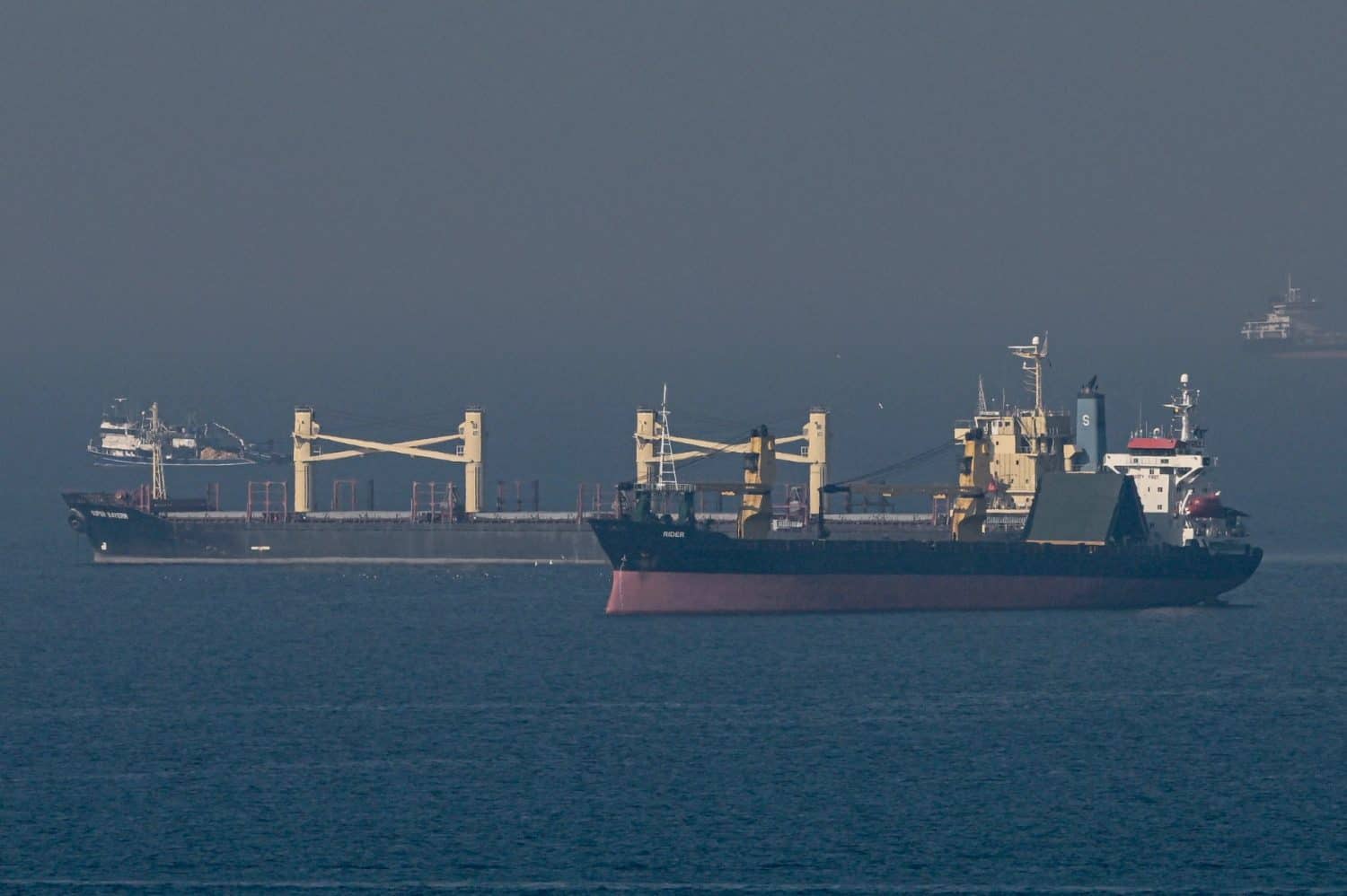GENEVA, SWITZERLAND – UN chiefs are to hold talks with Russian officials in Geneva on Friday on the Black Sea agreements on exporting grain and fertilizers, eight days before the deals expire.
The UN’s humanitarian chief Martin Griffiths and Rebeca Grynspan, head of the UN’s trade and development agency UNCTAD, will meet a high-level delegation from Moscow, led by Russian deputy foreign minister Sergei Vershinin.
“They will continue ongoing consultations in support of the efforts by the (UN) Secretary-General Antonio Guterres on the full implementation of the two agreements signed on July 22 in Istanbul,” a UNCTAD spokeswoman told AFP on Thursday.
“It is hoped that the discussions will advance progress made in facilitating the unimpeded export of food and fertilizers originating from the Russian Federation to the global markets.”
The 120-day Black Sea Grain Initiative, a UN-led deal agreed with Moscow and Kyiv, runs out on November 19.
Two agreements brokered by the UN and Turkey were signed on July 22 — to allow the export of Ukrainian grain blocked by Russia’s war in the country, and the export of Russian food and fertilizers despite Western sanctions imposed on Moscow.
The United Nations would like to renew the agreement for one year.
But Russia is unhappy with some aspects of the arrangements and how they work, fueling doubt as to whether the Kremlin would want to carry on with the deal.
One of the agreements, brokered by Turkey and the United Nations, has been working quite well, allowing millions of tons of grain to leave Ukrainian ports, and relieving some fears over a deepening global food security crisis.
Ukraine is one of the world’s top grain producers and the Russian invasion had blocked 20 million tons of grain in its ports until the safe passage deal was agreed.
But Moscow has complained its grain and fertilizer exports continue to face issues over sanctions imposed after its invasion of Ukraine, despite the Black Sea agreements that called for sanctions to spare agriculture-related products.
Russia has yet to decide whether to extend the Black Sea agreements beyond November 19.








